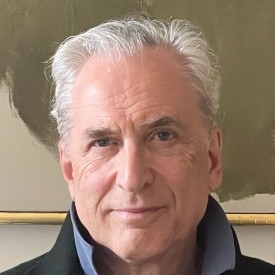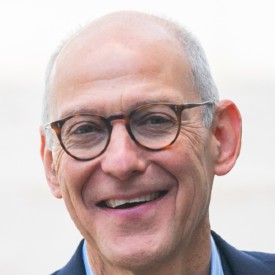Judea Pearl is a professor of computer science at UCLA and winner of the 2011 Turing Award. He is also the author of three classic technical books on causality.

With Dana Mackenzie, Judea wrote The Book of Why: The New Science of Cause and Effect, enabling us to know not just whether one thing causes another, but letting us explore the world that is and the worlds that could have been. It shows us the essence of human thought and key to artificial intelligence. The Book of Why is an official Next Big Idea Club Summer Finalist. We asked Judea to delve into the big ideas behind his recent work, the surprising things he learned during the writing process, and how he hopes people will understand causality better as a result.
In two sentences or less, can you sum up the big idea of your book?
Knowledge lies not in dry facts but in the forces behind the facts. Our capacity to unravel these forces is what makes us human, and transferring that capacity to robots
is what will make them intelligent.
What surprised you the most in your research?
That science has been waiting for so long to recognize that the ordinary human understanding of cause and effect is actually a miracle, begging for domestication and ready for amplification.
Did an event from your personal life inspire or affect the book?
A children book that I read, probably at the age of eight, Discoverers and Inventors that sailed through the lives of great scientists, from Archimedes and Gallen to Galileo and Faraday.
What would you like readers to take away from your book?
That science, even a new science, need not remain on Mt. Olympus forever; it can be democratized for ordinary folks to use, understand and enjoy.
Do you have a favorite quote or motto that guides your life?
Act like a scientist: worship truth, question authority, and insist on understanding it in your way.
What is one book that you wish everyone in the world would read?
Genesis
What was your most humbling moment?
Discovering the girls prefer older boys and that a reader found the poetry in my book
too religious.
What trivial trick, talent, or feat can you do to impress people?
I normally start my lectures by a mouth imitation of a trumpet which, given a good microphone, turns the lecture hall into a Holy Temple of undivided attention.
What’s something that is really easy for most people that you find really challenging?
Pretending that I can speak English without an accent.
Find out which six books were selected as Next Big Idea Club Winter Finalists!






























